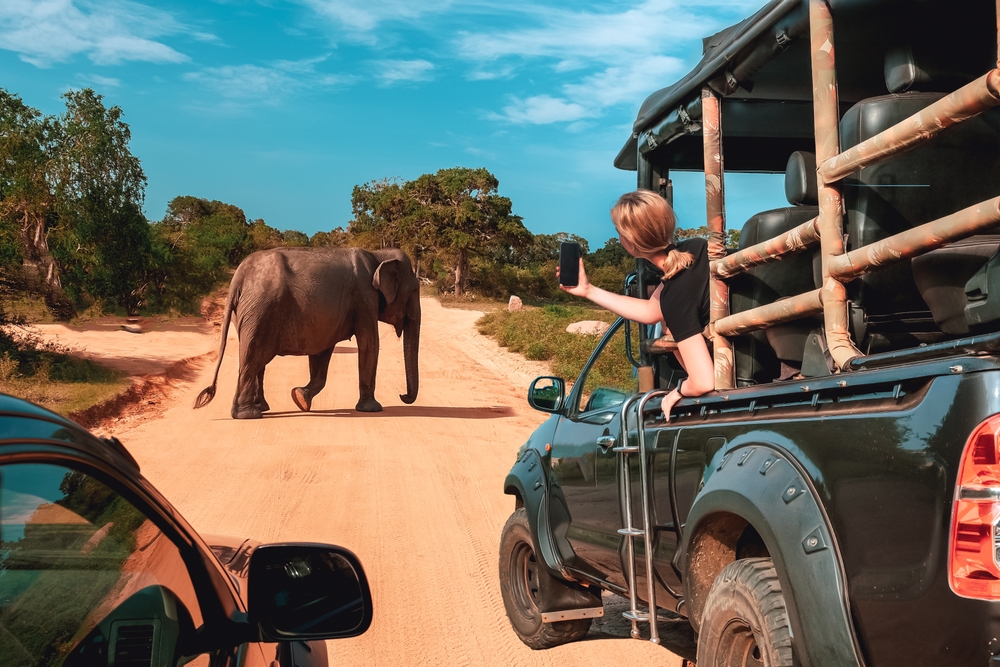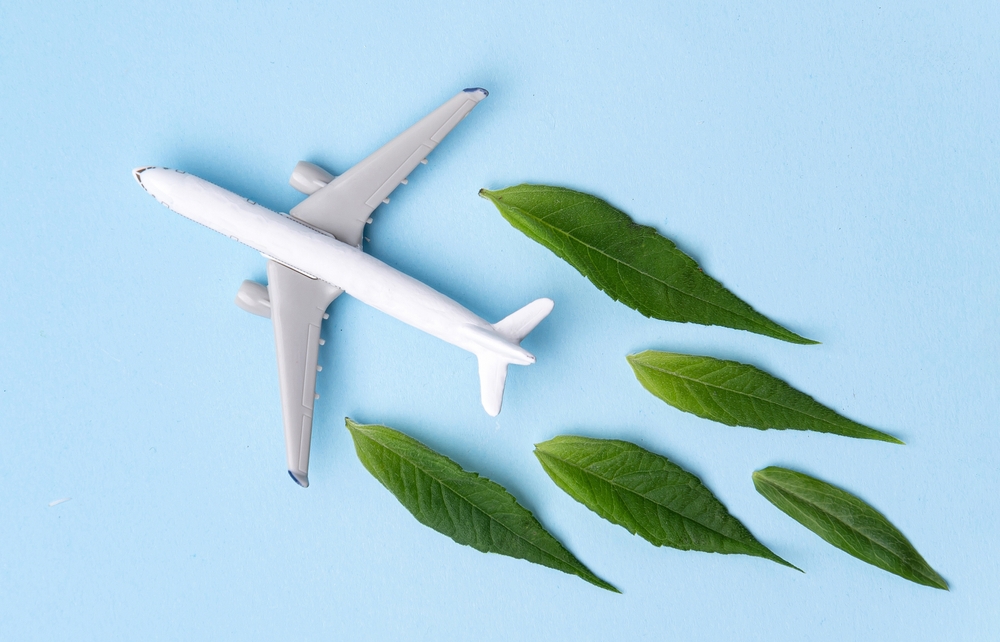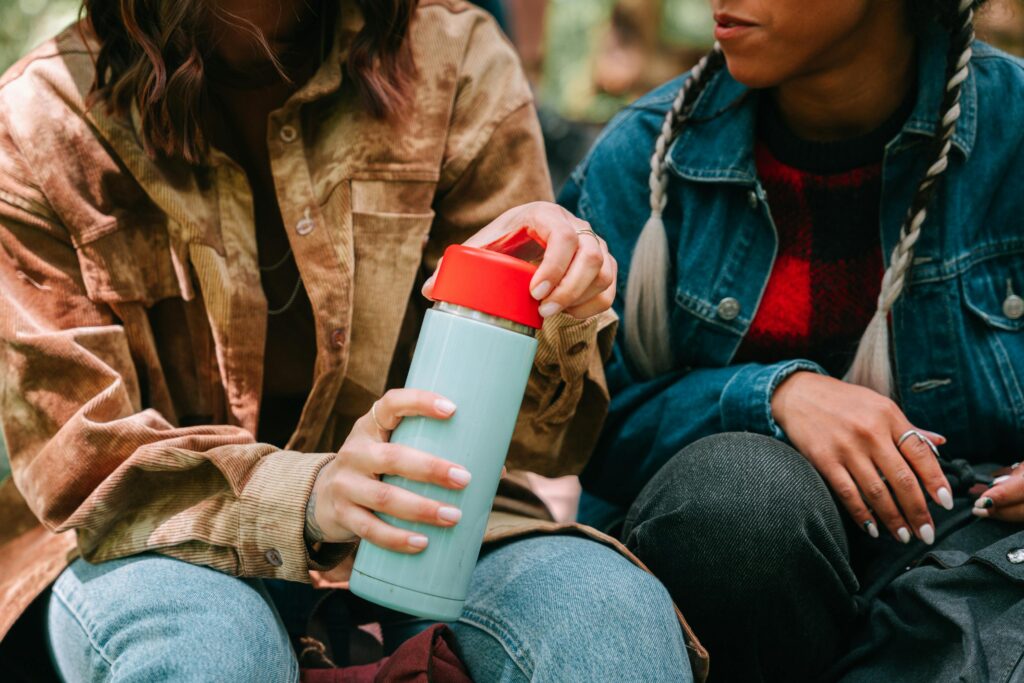11 Simple Ways to Make Your Travels More Eco-Friendly
Many people want to see the world without causing harm to it. Being careful about how you travel helps keep nature and communities safe. You do not need to make huge changes to have a positive effect. A few simple habits can go a long way. These tips can help you make better choices on your next trip.
This post may contain affiliate links, which helps keep this content free. Please read our disclosure for more info.
Stay at eco-friendly hotels and lodges

Choosing places that care about the environment can make your trip more responsible. Many eco-friendly hotels use solar energy, recycle waste, and reduce water usage. They often support local communities through fair wages and local sourcing. Staying in these places helps reduce your impact while traveling.
Look for hotels with green certifications or clear environmental policies. You can also check if they reuse towels and use low-energy systems. These small details can add up during your stay. Picking the right lodging is a helpful step toward better travel habits.
Reduce single-use plastic while traveling

Plastic waste is a big problem in many popular travel spots. Bringing reusable bags, utensils, and containers helps cut down on plastic use. You can say no to plastic straws, cups, or bags when offered. This simple habit helps keep trash out of oceans and streets.
Buying products in bulk or using solid shampoos and soaps also helps. Many places still depend on plastic, so being prepared is key. A little planning before your trip goes a long way. This choice supports cleaner environments wherever you go.
Shop and dine at local businesses

Spending your money at local shops and restaurants supports the people who live there. It keeps money in the local economy and helps small businesses grow. Local food is often fresher and reflects the area’s culture. These choices can make your trip feel more personal and rewarding.
Look for markets, family-run stores, and cafes instead of big chains. You may find items that are handmade or grown nearby. This also cuts down on shipping and packaging waste. Your support can make a real difference in these communities.
Pick travel destinations that support sustainability

Some places are working hard to protect their natural spaces and local culture. These destinations often promote clean energy, conservation, and responsible tourism. Choosing them encourages more places to do the same. It is a way to travel while supporting efforts that protect the environment.
Look for destinations that limit visitor numbers or have eco-tour programs. National parks and protected areas often have good guidelines. These places welcome respectful guests and help keep nature in balance. It is a smart way to plan a thoughtful trip.
Balance your travel emissions with carbon offsets

Air travel and long drives can release a lot of carbon into the air. Some programs let you donate to projects that absorb or reduce emissions, like planting trees or building wind farms. This helps balance out the effect of your travel. It is one way to give back after a long trip.
Check if your airline offers carbon offset options when booking. You can also find independent groups that support reforestation or clean energy. Even small steps can make a difference over time. It is a helpful habit for regular travelers.
Use eco-conscious transportation options

Choosing bikes, electric vehicles, or fuel-efficient cars can help reduce your travel impact. Walking and biking not only cut down emissions, they also let you see more of the area. In cities, you can look for car-sharing programs or rent scooters. These methods are better for the environment and often cheaper too.
You can also group rides with others or use services that offer shared routes. Fewer cars on the road means less pollution. These choices are helpful in both cities and rural spots. It is all about finding ways that use less fuel.
Embrace slow travel for less impact

Taking your time and visiting fewer places can be better for both the planet and your experience. Slow travel means fewer flights, less fuel, and a deeper connection to where you are. It allows you to explore more on foot or by public transport. You get to enjoy the moment rather than rushing.
This kind of travel often feels more relaxed and less stressful. Staying longer in one place also supports the local economy. It helps reduce waste from constant packing and moving. Slow travel is a thoughtful way to see the world.
Follow Leave No Trace principles outdoors

When spending time in nature, it is important to leave the place just as you found it. This means taking all trash with you, avoiding damage to plants, and staying on marked paths. Do not feed animals or take natural items home. These actions help protect outdoor spaces for others.
Even small steps like using reusable containers or picking up litter make a difference. It shows respect for the land and for other visitors. National parks and trails often post helpful tips. Following these habits helps keep wild spaces clean and safe.
Show respect for local customs and traditions

Every place has its own way of life, and learning about it before your visit can help avoid problems. Dressing modestly, asking before taking photos, and learning basic greetings are easy ways to show respect. Paying attention to local rules can make your trip smoother. Being polite matters everywhere.
Respect makes interactions more pleasant and helps you learn more. Locals are more likely to welcome travelers who show care and interest. A little effort goes a long way. This habit makes you a better guest wherever you go.
Travel with reusable gear and containers

Bringing items like a metal straw, cloth bags, and food containers can cut down on waste. You will need fewer single-use items during your trip. Many places still offer plastic by default, so it helps to be ready. These small tools fit easily in your bag.
You can find reusable sets that are lightweight and travel-friendly. They come in handy for meals, shopping, and drinks on the go. Over time, these habits reduce how much you throw away. It is a smart way to stay prepared and reduce waste.
Carry a refillable water bottle during your trip

Bringing your own bottle helps avoid buying plastic ones again and again. Many hotels, airports, and parks now have refill stations. It saves money and helps cut down on trash. This habit is one of the easiest ways to make a trip more responsible.
Choose a bottle that fits your bag and holds enough for your needs. Some bottles even have filters for uncertain water sources. Staying hydrated does not have to create waste. It is a small change that works well anywhere.
Throw away trash in the right way

Proper disposal keeps streets, parks, and natural areas clean. Always look for recycling bins and separate your waste when possible. If no bin is nearby, carry your trash with you until you find one. Litter left behind can harm animals and the environment.
Check local rules for waste disposal, especially in new places. Some areas fine people for throwing trash in the wrong bin. Being careful helps protect both people and nature. Clean habits matter no matter where you go.
Travel can be enjoyable and mindful at the same time. Paying attention to how you move, eat, and stay can lead to better experiences for you and the places you visit. Simple choices can make a big difference along the way.
This article originally appeared on Avocadu.
